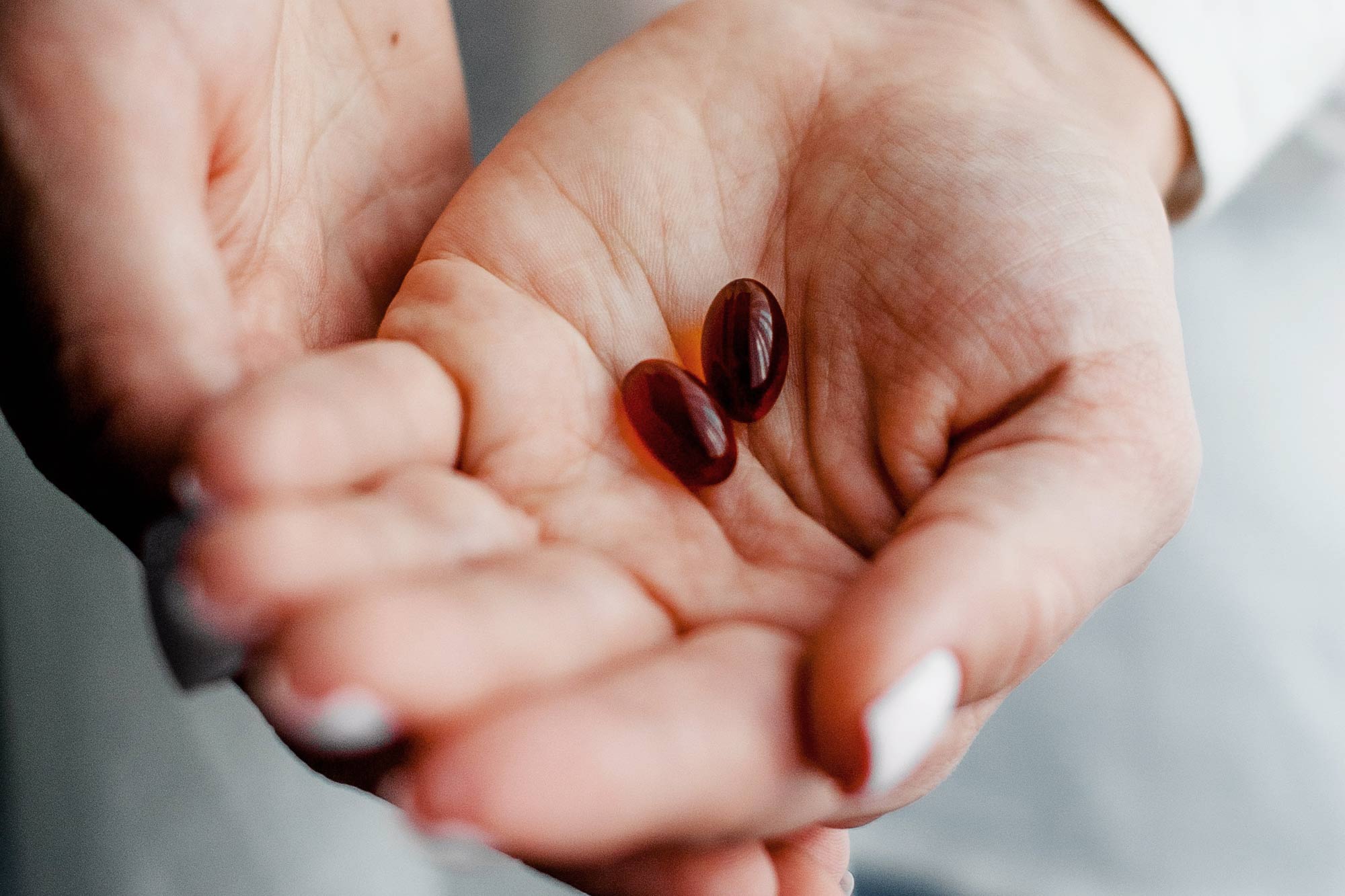The Conversation asked Katherine Basbaum, a clinical dietitian at UVA Health who specializes in cardiovascular disease, to explain what this recommendation means for the general public, particularly those who are currently or considering taking dietary supplements in hopes of preventing cancer and cardiovascular disease. In this Q&A with Basbaum, she interprets the data behind the task force’s conclusion.
Q. What was the basis of the task force’s recommendation?
A. The U.S. Preventive Services Task Force evaluated and averaged the results of multiple studies looking at health outcomes associated with beta carotene and vitamin E supplements. Beta carotene is a phytonutrient – or plant chemical – with a red-orange pigment; both beta carotene and vitamin E are found in many fruits and vegetables such as carrots, sweet potatoes, kale, spinach, Swiss chard and avocados, to name a few.
The panel of experts concluded that with regard to the prevention of cardiovascular disease or cancer, the harms of beta carotene supplementation outweigh the benefits and that there is no net benefit of supplementation with vitamin E for those purposes. Their recommendation applies to adults who are not pregnant and excludes those who are chronically ill, are hospitalized or have a known nutritional deficiency.
Beta carotene and vitamin E are powerful antioxidants, substances that may prevent or delay cell damage. They are commonly taken as dietary supplements for their potential health and anti-aging benefits, such as to combat age-related vision loss and the inflammation associated with chronic disease. Vitamin E has also been shown to help support the immune system.
Our bodies do require beta carotene and various nutrients for a variety of processes, such as cell growth, vision, immune function, reproduction and the normal formation and maintenance of organs. But it is important to point out that more than 95% of the U.S. population receives adequate levels of vitamin A, vitamin E and beta carotene through the foods they consume. Therefore, the average healthy adult likely does not need additional supplementation to support the processes mentioned above.
The task force did not focus on other potential benefits of vitamin supplementation. It noted that “there may be other benefits of some supplements that were not covered in this review owing to its focus on cardiovascular disease and cancer prevention.”
Q. What risks did the task force point to?
A. Based on its review of the evidence, the expert panel concluded that beta carotene supplementation likely increases the risk of lung cancer incidence, particularly in those at high risk for lung cancer, such as people who smoke or who have occupational exposure to asbestos. It also found a statistically significant increased risk of death from cardiovascular disease associated with beta carotene supplementation.
In one of the clinical trials reviewed by the task force for their recommendation statement, people who smoked or had workplace asbestos exposure were at increased risk of lung cancer or death from heart disease at doses of 20 and 30 milligrams per day of beta carotene. This dosage is higher than the standard recommendation for beta carotene supplementation, which ranges from 6 to 15 milligrams per day.





